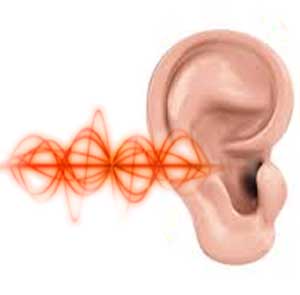Washington: As primary caregivers, parents are often believed to have a strong influence on children’s eating behaviors. However, previous findings on parent-child resemblance in dietary intakes are mixed.
Read MoreTeens-Kids


Washington: It’s long been accepted – with little science to back it up – that people should spend roughly a third of their income on housing. As it turns out, that may be about how much a low-income family should spend to optimize children’s brainpower.
Read More
Washington: Marty Visscher, Director, Skin Sciences Program at Cincinnati Children’s Hospital Medical Center, explains that some parents do not understand the dangers of prolonged sun exposure on their child’s skin.
Read More
Washington: Family members who smoke are more apt to feel it is ok to smoke indoors as their children get older. But in households with secondhand smoke, children between 12 and 17 are 1.67 times more prone to have recurrent ear infections compared to adolescents who live in a smoke-free environment, a large new study reveals.
Read More
Washington: Plaque in a heart artery looks threatening, but cardiologists know that many of these buildups will not erupt, dislodge and block a vessel, causing a heart attack that can be fatal. Some will, however, and the challenge is to figure out atherosclerotic plaque that is dangerous and treat or remove it.
Read More
Washington: The emerging idea that obesity may have an infectious origin gets new support in a cross-sectional study by University of California, San Diego School of Medicine researchers who found that children exposed to a particular strain of adenovirus were significantly more likely to be obese.
Read More














